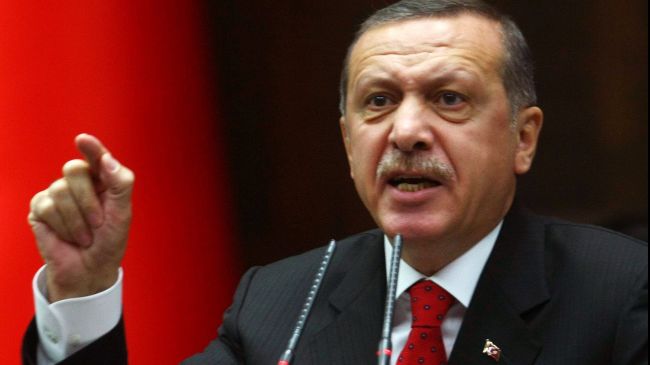I read with shock the recent happening in Turkey and I begin to wonder at the hell-bent pointing actions of the ruling Justice and Development Party (AKP) and it founder, Turkish President, Recep Tayyip Erdoğan.
The civil unrest in Turkey began on 28 May 2013, initially to contest the urban development plan for Istanbul’s Taksim Gezi Park. The protests were sparked by outrage at the violent eviction of a sit-in at the park protesting the plan. However, supporting protests and strikes took place across Turkey protesting a wide range of concerns, at the core of which were issues of freedom of the press, of expression, assembly, and the government’s encroachment on Turkey’s secularism.
In all this, the initial response of Turkish Prime Minister Recep Tayyip Erdoğan was to dismiss the protesters as “a few looters.”
Excessive use of force by police and the overall absence of government dialogue with the protesters that have seized the air space over twelve months ago has been well criticized by some foreign countries and international organisations.
The range of the protesters was described as being broad, encompassing both right- and left-wing individuals. Their complaints ranged from the original local environmental concerns to such issues as the authoritarianism of President Erdoğan
The recent crackdown on media houses perceived to be sympathetic to Erdogan political opponents is most uncivilised one expected of civilised president of a country.
I read how Turkish police on a faithful Sunday launched a series of arrest of journalists and other media workers – including the editor of the country’s biggest-selling daily paper on order of Recep Tayyip Erdogan, for allegedly supporting US-exiled rival Gulen in 13 cities.
It also took intervention of a court to release a teenager allegedly accused of calling the president “Chief of thief.”
This singular act is incompatible with the freedom of media, which is a core principle of democracy.
As I was thinking of why the controversial Turkey President could go down so undemocratic to his own people, I came across how Erdogan was convicted for inciting religious hatred and sentenced him to ten months in prison, of which he served four months in 1999.
His political antecedents have also in one time or the order met the rot of the law. For example, Erdogan first political party, Welfare party was banned by Court in 1998 before he joined the Virtue party. In 2001, the Virtue party was also banned for violating secular laws, and Erdogan formed the current Justice and Development Party (AKP) in August 2001. No wonder the ruling party desperate to Turkey into one party system,
The slapdash use of terrorism laws to silence political opposition has become a trademark AKP tactic. Doctors, lawyers and journalists who tried to help protestors at Gezi were also drawn up on such charges.
To achieve this, Erdogan’s government were said to have reassigned thousands of police, charged hundreds of protesters, changed laws, and consolidated the power of the executive branch. They also established a new system of “criminal courts of peace” that serve the ruling AKP’s legal needs in criminalizing legitimate activity, the act that can be likened to secular-military authorities of the 1997 “soft coup” era.
Erdogan seems to have increased the scope of its legal, executive, and judicial power and patronage, resulting in squashing the bribery and corruption investigation, and laying the groundwork for the government owned media groups he is currently using against peoples media.
By now, the European Union must know that the current Turkey has deviated from the core values of the union because one could say what is happening in Turkey today shows once more the risk of a government extending its influence far beyond its mandate.
President Erdogan must have forgotten that freedom of speech and expression is an inalienable right within any democratic society and any society irrespective of how he or she assume office expected to Promote transparency through Journalism by strengthened the ability of media to play their full role in promoting good governance, transparency, and accountability.
At the heart of many of these issues lies the key contribution that journalism can make to good governance. The concept of the journalist as a defender of the public interest is usually applied to those writing about overtly political issues, since it is here that the need for — and indeed the challenges to — a free press are often greatest.
It is therefore of necessity for Turkey number one citizen to be thought the need to recognise the extent to which journalism forms an essential component of a well-functioning democracy, if he does not know.
Bode Olagoke is a Nigerian journalist based in Abuja







